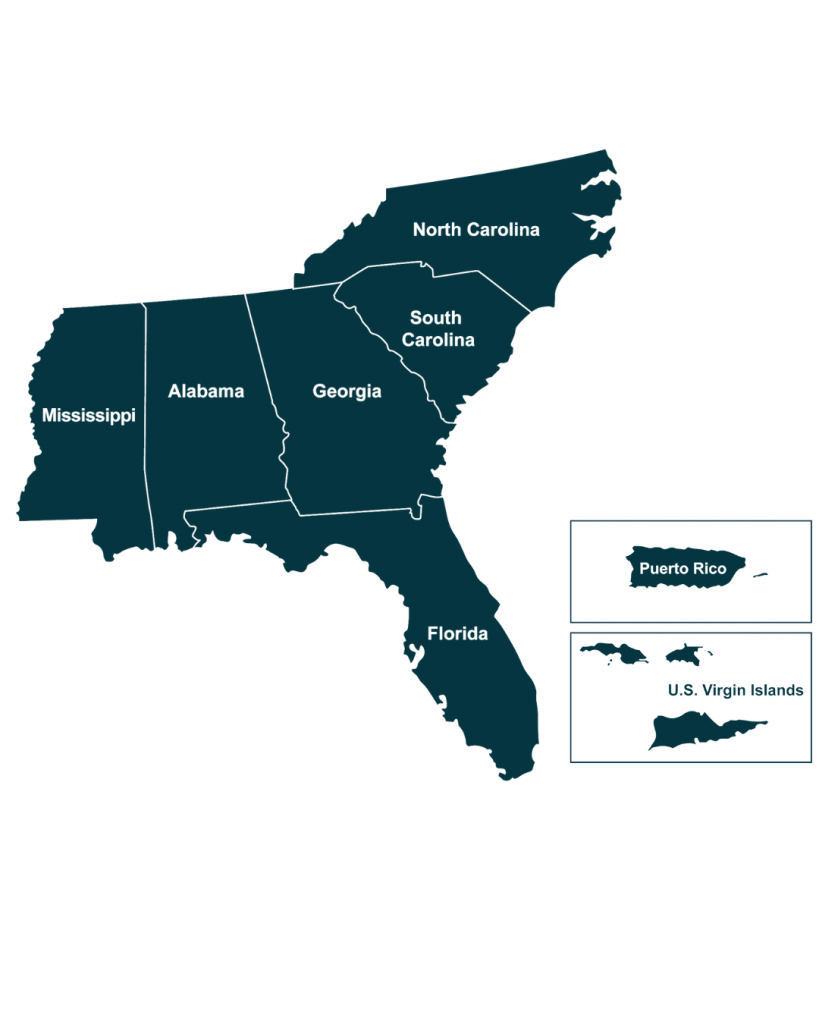Farmworkers face a variety of economic, structural and cultural barriers to adopting safety practices in the field especially with prevention of heat related illness (HRI) and associated injuries. Farmworkers are at increased risk for HRI and even death because they are exposed to extreme heat while engaged in strenuous physical activity such as harvesting crops. Piece-rate models of payment encourage rapid work and serve as an economic disincentive to paying attention to safety messages. Cultural barriers, such as language and the limits of traditional employer- education on heat risks may result in workers that are unaware of the symptoms of HRI, their personal risk factors or what it means to be sufficiently hydrated at the start of the day. All of these features of the socio-ecologic setting of farm work create gaps in training, knowledge transfer and the adoption of recommended behaviors.
On April 17 from 2:00 p.m. to 3:00 p.m. we invite you to join us for the April 2019 SCCAHS webinar as Monaghan discusses how his SCCAHS research project is using a social marketing approach to behavior change to help farm labor supervisors be more effective change agents with their workers. A quasi-experimental design will measure their traditional training with a culturally appropriate communications campaign to enhance their HRI safety communications.




